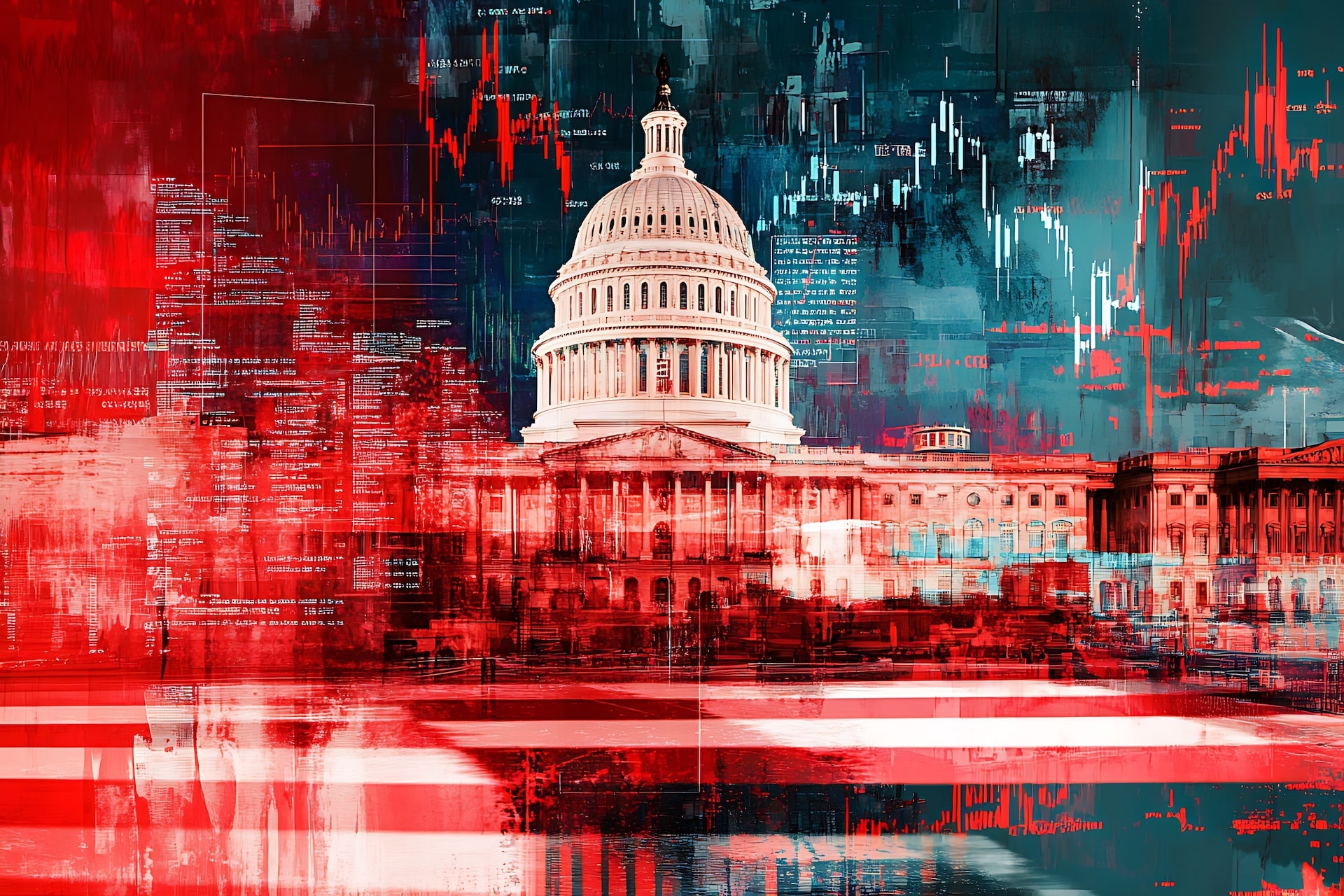Credit Sesame’s personal finance news roundup October 12, 2024. Stories, news, politics and events impacting personal finance during the past week.
Credit card debt declined in August 2024
According to the latest consumer credit data from the Federal Reserve, the total amount of revolving debt declined in August on a seasonally adjusted basis. The vast majority of revolving debt is credit card debt. Revolving debt fell by $16.2 billion during the month, representing a 1.2% annual rate of decline. Despite this drop in revolving debt, overall consumer debt increased in August. Non-revolving debt increased at a 3.3% annual rate, resulting in overall consumer debt rising at a 2.1% yearly rate. See consumer credit details at Federal Reserve.gov.
Students may face sudden credit score hit
Reported delinquencies on student loan payments may be about to surge. That’s because of a scheduled change in credit reporting requirements. Student loan payments were paused during the pandemic. They resumed in October of 2023, but the Department of Education mandated that late payments couldn’t be reported to credit bureaus for a year to ease the transition. A year has passed, and late student loan payments may start showing up on credit reports. This could cause a spike in reported delinquencies, as borrowers falling behind on their payments suddenly see it reflected in their credit histories and scores. See story at MarketWatch.com.
Mortgage rates rising in reversal of recent trend
30-year mortgage rates climbed by 0.20% last week, following a slight increase the previous week. Before that, mortgage rates had seen an extended decline after peaking at 7.22% in early May. That left 30-year rates at 6.32%. Even with this setback for potential buyers, 30-year mortgage rates are 0.29% lower than when 2024 began. Last week’s sudden rate surge was due to a better-than-expected jobs report, which raised concerns about inflationary wage demands. See rate details at FreddieMac.com.
CFPB highlights auto financing abuses
The Consumer Financial Protection Bureau (CFPB) released a report detailing common abuses by auto loan servicing companies. Car dealers often layer extra products into car loans, such as extended warranties and insurance. Those add to the cost of the loan. In some cases, consumers were unaware they were signing up for these products, and if the loan was terminated early, no refunds for unused portions of those products were given. Some loan servicers also made it unreasonably difficult for consumers to cancel these products. The CFPB also found other abuses, such as failing to cancel a repossession order after payment had been made. See details at ConsumerFinance.gov.
Inflation steady in September 2024
The Consumer Price Index rose by just 0.2% last month. That puts the year-over-year inflation rate at 2.4%, the smallest twelve-month increase since February 2021. Core inflation, which excludes the volatile food and energy sectors, rose by 0.3% last month and by 3.3% over the past year. Among major sectors, transportation services experienced the biggest price increases in September, rising by 1.4%. Meanwhile, fuel oil experienced the steepest decrease last month, with prices falling by 6.0%. See details at BLS.gov.
Inflation has hit poorer Americans hardest
New research shows that inflation has been higher for lower-income Americans. This is partly because purchase patterns differ by income group. From 2005 to 2004, the lowest 20% of earners saw prices on their regular purchases rise by 67%. Prices for the highest 20% of earners rose by 57%. This difference is exacerbated by poorer consumers having less flexibility to adjust to price changes by substituting one item for another. That’s because a greater share of poorer household’s incomes goes to necessities. See details at MinneapolisFed.org.
Credit scores stable except for subprime borrowers
According to a new report, the national average FICO score remained 717 as of July 2024. That was the same level the average score has maintained since October, after the first point drop in years. Missed payments and borrower balances continue to rise, but slowly. However, while the average credit score is stable, different credit tiers are experiencing divergent conditions. Scores for prime borrowers have remained steady, while those for subprime ones have fallen by six points. See article at BNNBloomberg.ca.
Weekly news headlines from Credit Sesame




















